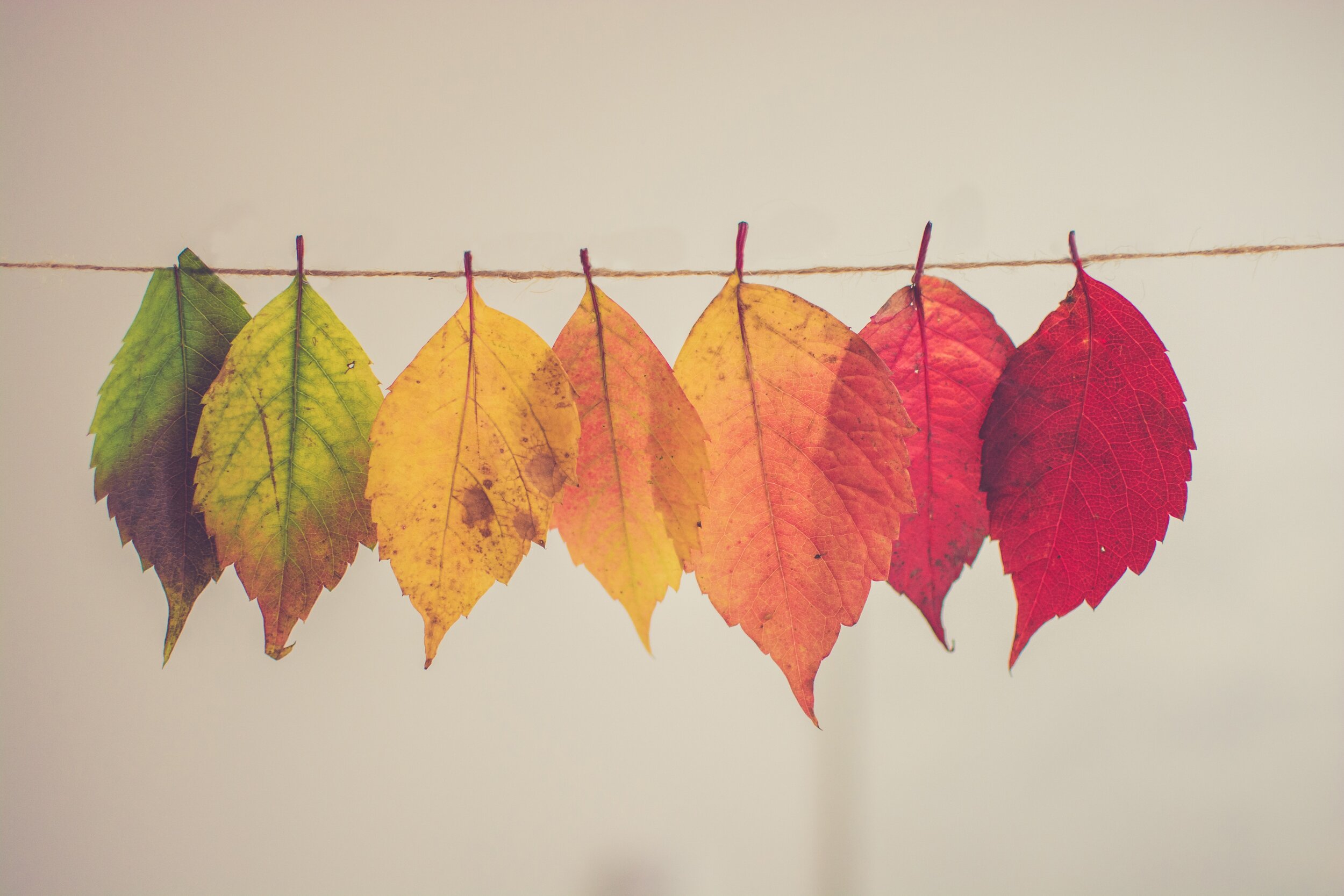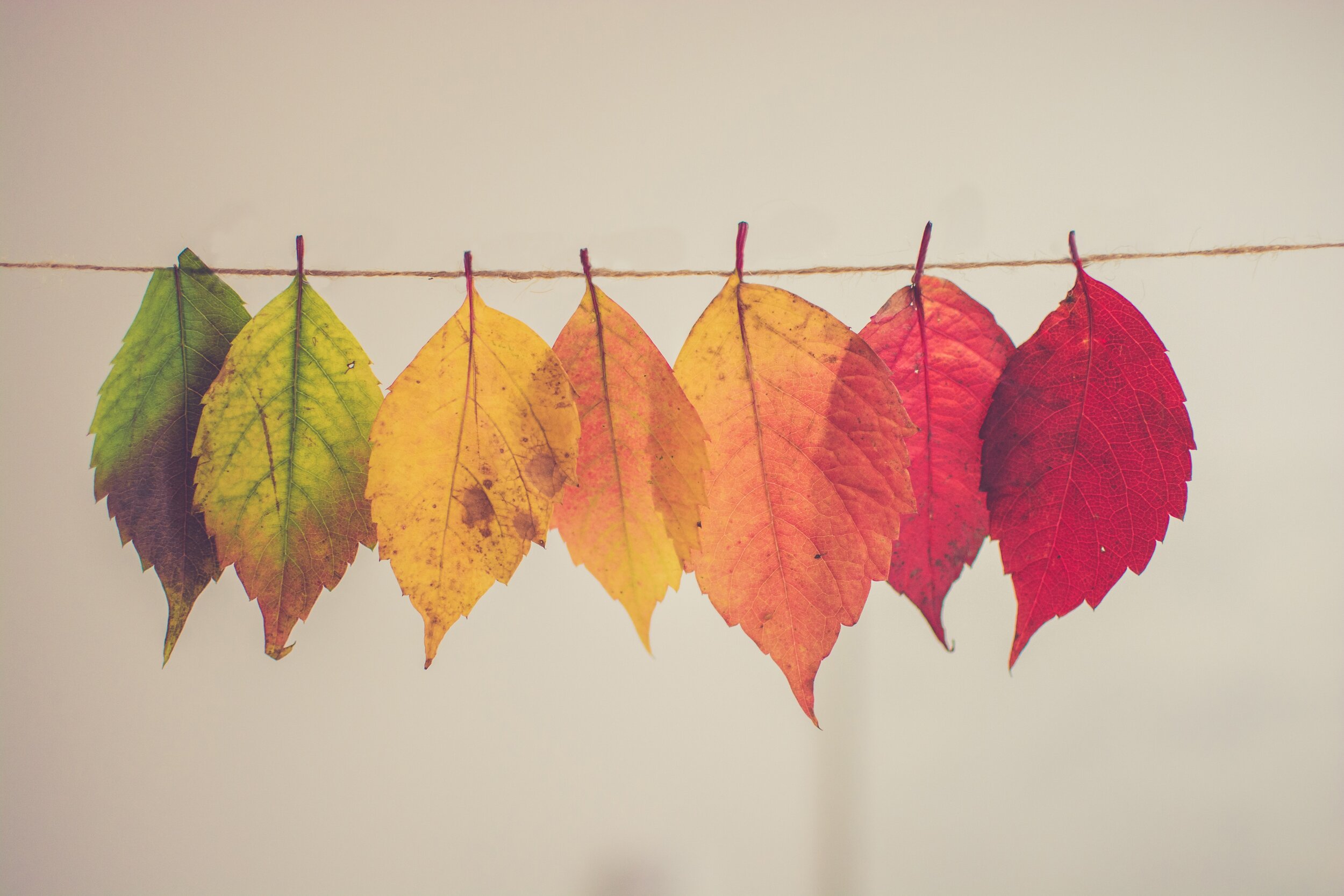As the days get shorter, temperatures drop, and we recognize those days of sitting by the pool, or going for a swim are ending, we can sometimes find ourselves feeling anxious. Autumn anxiety has been defined as, “The tendency for people to suffer from low mood or anxiety during the fall months.”. Typically autumn anxiety is triggered by the seasonal changes and occurs annually for those that experience this. It is common amongst many with symptoms including:
-
Anxiety and/or increased worry
-
Irritability
-
Low mood
-
Fatigue, sleepiness, or lethargy
-
Lack of interest in daily activities one might enjoy
One of the common causes of autumn anxiety is the reduction in sunlight, which also causes a reduction in serotonin. Serotonin impacts mood, sleep patterns, and appetite. The reduction in sunlight also causes an increase in the production of the melatonin hormone, which makes us feel sleepier and can lower mood. The lack of sunlight also leads to a reduction in the Vitamin D many of us take in, which is also linked to lower mood and fatigue. Additionally, as the weather changes we may spend less time outside and engage in less exercise, all of which impact mood.
While autumn anxiety isn’t a formal diagnosis, these symptoms could be a sign of the start of seasonal affective disorder (SAD), or difficulty adjusting to change such as the changes that occur as the seasons change, going back to school, etc. Also, memories of challenges in the wintertime, such as having less outdoor activities to engage in, being limited in scope of what you can do, can bring up lower mood and worry thoughts. You may also have reminders of prior years where the colder months were difficult times for you, leading to body memories of this, and a reaction related to autumn anxiety. The fall also brings up the idea of the holidays approaching, which is another large stressor for many. Whatever the reason, there are many reasons that autumn can lead to an uptick in anxious thoughts and worries.
So what can you do when you notice this shift in mood? Here are a few ideas:
-
Get more sunlight: Try getting up earlier to catch the sun, and going to bed earlier to reduce fatigue. You might also consider using a lightbox to get extra exposure to light, as this supplements sunlight.
-
Exercise daily: Exercising for thirty minutes per day can greatly improve well-being.
-
Make some dietary changes: Try out your favorite soups or other warm meals that bring up positive feelings about the fall.
-
Try something new: Autumn can be a time of fresh starts, so try adding a new hobby or class to the mix. Or maybe even set some new goals for yourself.
-
Reframe your thoughts about Fall: Try to reframe negative thoughts about the fall, with positive memories. Rather than feeling stuck inside, think of ways to decorate your home or include items that leave you feeling warm and cozy when you are inside.
-
Consider seeking out professional support: If you are having trouble managing worries or blues around the fall, consider speaking to a professional. Therapy, of varying modalities, is an effective way to treat anxiety and SAD.
If you could use some additional support in coping with symptoms of anxiety this fall, click here.

